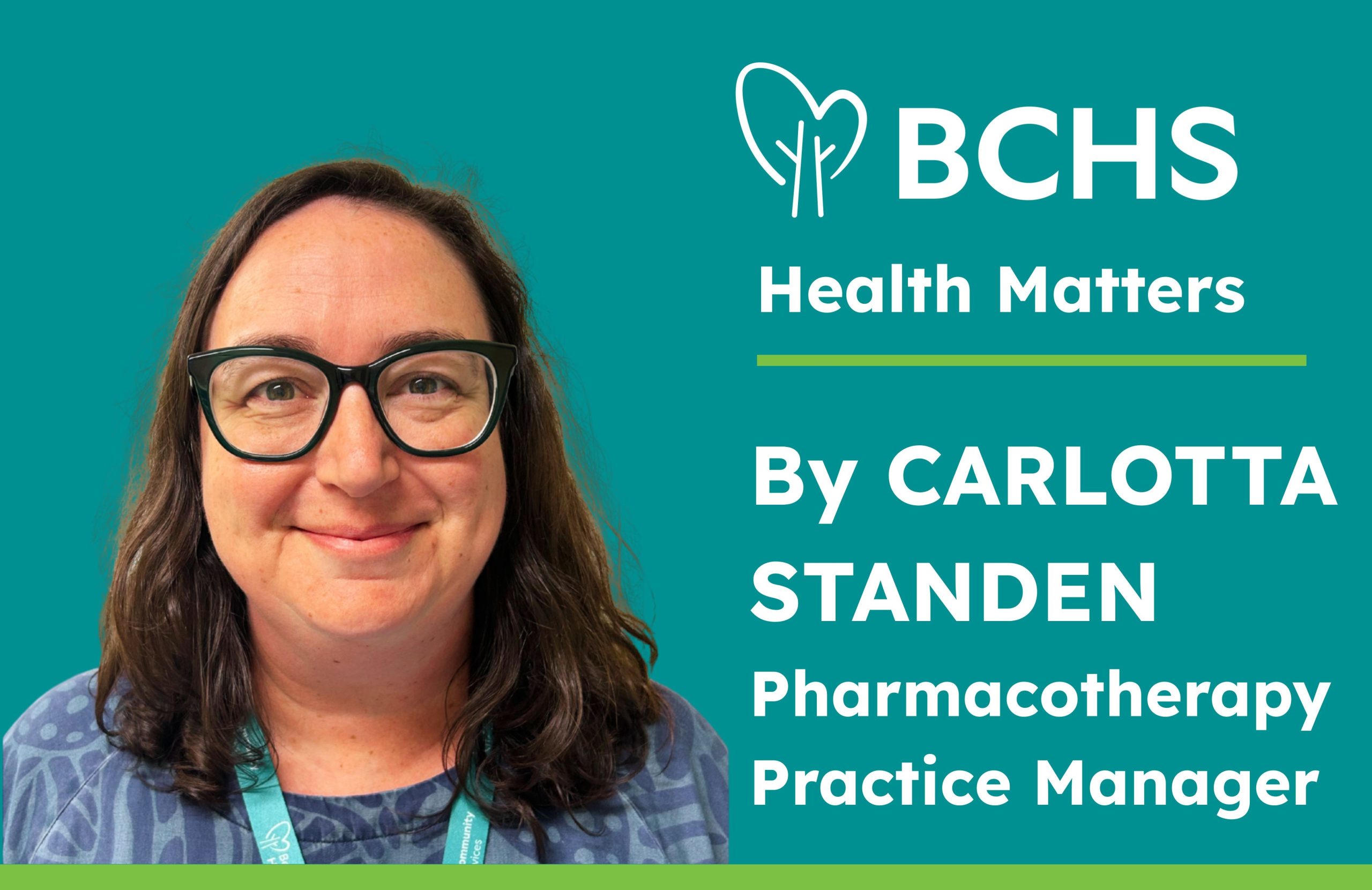Opioid dependence is a serious health problem, but there are well-established treatments that can help. Opioid pharmacotherapy or Opioid Agonist Therapy (OAT), like methadone or buprenorphine, help reduce cravings, limit withdrawal symptoms, and lower the risk of overdose or death. Even though these treatments have been shown to work well for many years, there are still myths and misunderstandings about them. These myths can cause people to feel ashamed or stop them from seeking help. They can also affect how health professionals view this treatment. Let’s take a look at these myths and set the record straight.
Myth 1: “It’s just replacing one drug with another.”
This is one of the most common myths. Pharmacotherapy isn’t just swapping one drug for another. Methadone and buprenorphine are long-lasting medications that are carefully given in controlled doses. Instead of making people feel “high,” these medicines help them feel stabilised, and let them live their life. Studies show that people using OAT live longer, healthier, and more stable lives.
Myth 2: “People aren’t really in recovery if they’re on methadone or buprenorphine.”
Some people think that recovery only counts if someone is completely off all drugs. But recovery is about more than just stopping drug use. It’s about being healthy, safe, connected to others, and having a sense of purpose. For many people, OAT helps them rebuild their lives, repair relationships, keep a job, and escape the chaos of using drugs. Saying someone isn’t in recovery just because they take medication adds to the stigma they face.
Myth 3: “Treatment should be short-term.”
Some people believe that treatment should be quick, but the evidence shows that taking a longer approach is better. Short-term treatments can lead to relapse and higher risk of overdose, while long-term treatment gives the best chance for success. Just like with conditions like diabetes or high blood pressure, opioid dependence is often a long-term problem that needs ongoing care. Treatment should be based on each person’s needs, not a set time limit.
Myth 4: “Pharmacotherapy keeps people sedated.”
When doses are carefully managed, people on methadone or buprenorphine don’t feel sedated. They can go to work, study, take care of their families, and contribute to their communities. Sedation can happen at the beginning of treatment or if the dose isn’t right, which is why regular check-ins with a doctor, nurse or pharmacist are important.
Myth 5: “Pharmacotherapy is only for people who use illegal drugs.”
Anyone can become dependent on opioids, even if they were prescribed by a doctor for pain. Medications like oxycodone, morphine, or fentanyl can be prescribed for things like surgery or injuries, but they can still lead to dependence. Pharmacotherapy helps anyone who is dependent on opioids, whether they were originally prescribed by a doctor or obtained illegally.
Why This Matters
In the last ten years, drug overdoses have killed more people in Australia than car accidents, and the majority of these deaths involved opioids. Many people don’t reach out for help because they fear stigma or discrimination. Opioid pharmacotherapy is a safe and proven treatment that can help reduce these preventable deaths.
Overdose Prevention – Naloxone Saves Lives!
Naloxone is a life-saving medication that can reverse an opioid overdose. It works by blocking the effects of opioids, helping a person start breathing again if their breathing has slowed or stopped. It comes as a nasal spray or a pre-filled syringe and is available for free from Needle and Syringe Programs and some community pharmacies. Because it’s unlikely that someone having an overdose will be able to use it themselves, it’s important that friends and family know how to use Naloxone and always call an ambulance. For more information, or to receive free Naloxone nasal sprays, contact our Mobile NSP Worker on 1800 636 514 between 7.30pm and 10.45pm Tuesday to Saturday, or 5406 1200 during business hours.
You could also drop in to the Wanyanimbik Wayawan Wellbeing Centre at 137a Holdsworth Road, North Bendigo, between 9am and 4.30pm Monday to Friday.
Moving Forward Together
Opioid pharmacotherapy saves lives, helps prevent the spread of diseases, and creates stability that people need to recover. For health professionals, using respectful and evidence-based language can make a big difference in a patient’s care. For the community, understanding that OAT is a form of treatment, not just replacing one drug with another, is key to reducing stigma. Opioid dependence is treatable, and recovery is possible. By challenging these myths, we can help individuals, families, and communities live healthier and happier lives.
